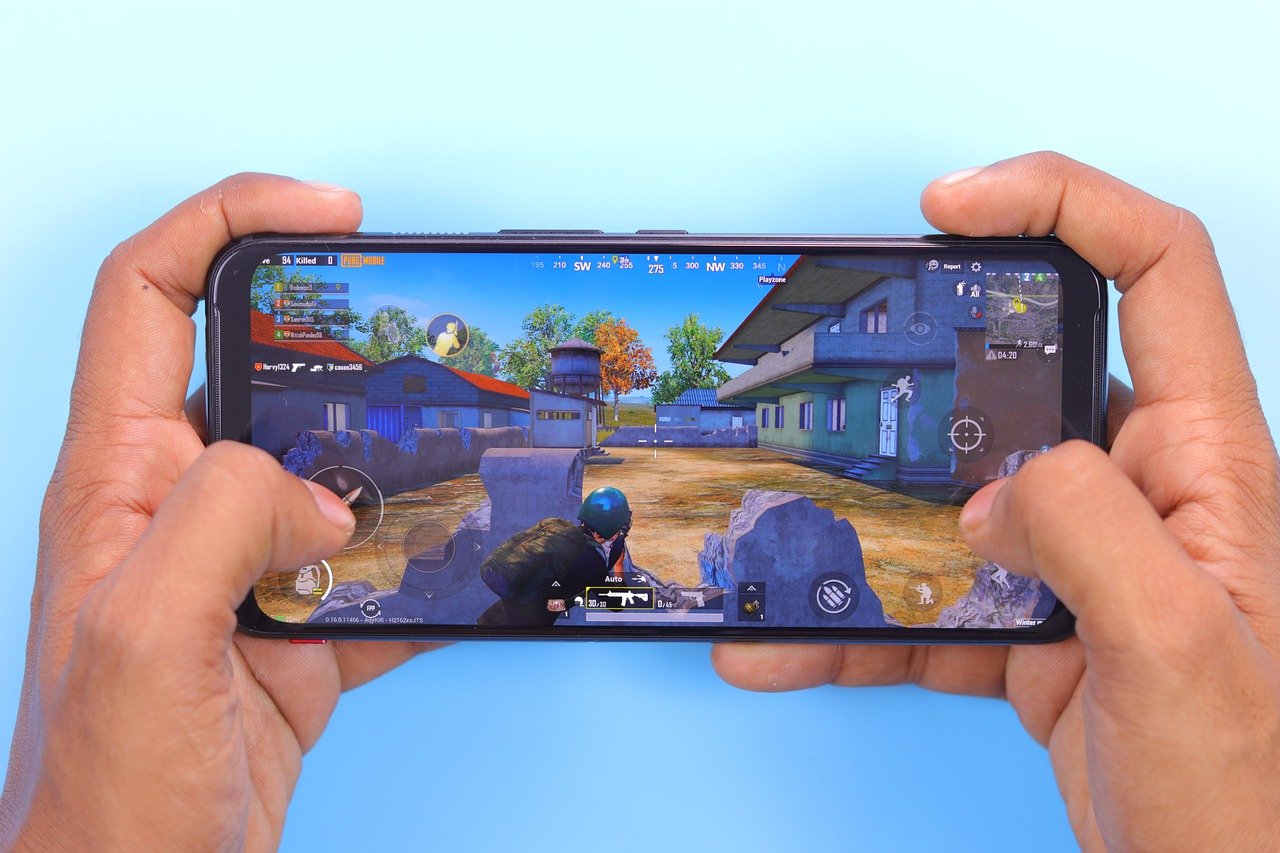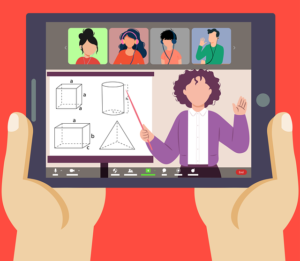There are over 2.7 billion gamers across the world (more than one third of the world’s population), who are estimated to spend US$160 billion on games in 2020 alone. Reports predict that the gaming market will surpass US$200 billion in the next three years, making it one of the few industries to make significant strides amidst the pandemic.
While gaming has been steadily gaining mainstream recognition, the global pandemic has literally been a game changer for the industry. During the lockdown and the subsequent phase, mobile gaming usage skyrocketed, especially in mobile-first markets like Asia.
Read more: {Game On} Can Fortnite Fill the PUBG Mobile Void? GE Thinks So
In India, which is among the top five markets for mobile gaming already, the adoption rates are significantly high. For example, India’s very own Mobile Premier League (MPL), an esports and mobile gaming platform startup, witnessed a massive surge in usage post the outbreak, recording a 4X growth since March this year. Mobile gaming is clearly becoming the primary driver of growth for digital games consumption. Mobile gaming revenues are expected to top US$100 billion this year, which is more than triple the combined sum for Nintendo Switch, Xbox One, and PlayStation 4 console titles. (IDC-App Annie).
How Cloud is Powering Mobile Games
Will mobile gaming remain a temporary digital distraction? What makes mobile or online gaming a preferred medium for entertainment? Clearly, its accessibility and ability to provide unique experience to gamers.
With multiplayer games becoming the norm, there is a greater emphasis on user experience. Gaming companies are leveraging technologies like Cloud and AI to deliver that experience to users. Non-interactive single user games are almost a passé as developers are expected to build a whole ecosystem or a virtual world around their games. Cloud gaming infrastructure has become a great boon for gaming startups and developers who are at the frontend of innovation. Cloud ensures that games are not only engaging, but efficient and immersive with no speed lag.
MPL is a great case in point for how Cloud-enabled systems are making new innovations and user experiences possible on mobile games. With 40 million subscribers (which reportedly contribute 14% of the total mobile gaming market in India), the esports platform uses a number of Cloud services from AWS, helping the firm deliver sub-millisecond latency to players, while increasing its app uptime to 99.9%. Not just that, Cloud-based infrastructure helped MPL to handle scale and volume as it went from zero to 10 million users in the first three months of launching the platform.
Activision Blizzard, the publishers of the popular Call of Duty video game, runs real-time analytics and machine learning pipelines on AWS platform to deliver personalized experiences to millions of players.
In fact, 90% of the world’s biggest public game companies are leveraging hyperscalers like AWS to develop faster, reliable, smarter, and innovative gameplay for players.
Cloud Game Streaming: The Next Big Thing?
Online streaming, as a concept, has been gaining rapid momentum in the gaming space. As a result, there is a lot of buzz around ‘Cloud gaming’, which is touted to ´kill the console´ by eliminating the need to have a local hardware to play games.
Much like content streaming services like Netflix or Amazon, the backend storage and processing of the games happen in Cloud data centres, while users can stream graphics on to their devices. Advances in Cloud computing allow real-time inputs and ultra-low latency, which are characteristics of gaming.
Read more: Four Ways to Ensure Huge Cost Savings on Cloud Subscriptions
Mobile gaming already contributes close to 50% of the total gaming market. Cloud gaming is expected to appeal to a large set of individuals who have never played video games, creating a multi-billion dollar direct-to-consumer (D2C) market. Upcoming 5G networks are expected to radically accelerate this trend.
Many tech giants and Cloud players like AWS are already betting big on Cloud gaming. Amazon’s recent entry to Cloud gaming market is with its Cloud gaming platform Luna. Luna runs on AWS and allows players to enjoy games on their favourite devices without the need to purchase expensive hardware, or go through lengthy downloads, or updates. Players can also start playing on one screen and seamlessly pick up and continue on another.
With powerful new entrants in the market, Cloud-native games are predicted to disrupt the gaming space in the near future by redefining gameplay experience. Mainstream gaming is set to transform into a new avatar and it’s all thanks to Cloud.

Amit Gupta
Guest contributor Amit Gupta is the CEO and Founder of Rapyder Cloud Solutions, an established player in the cloud-tech space and an Advanced Consulting Partner for AWS. Any opinions expressed in this article are strictly that of the author.












